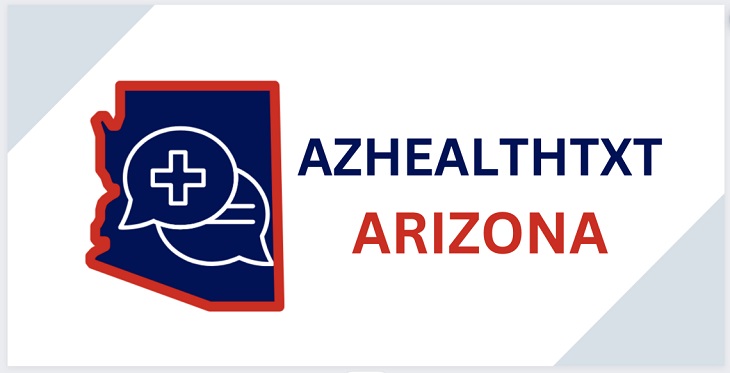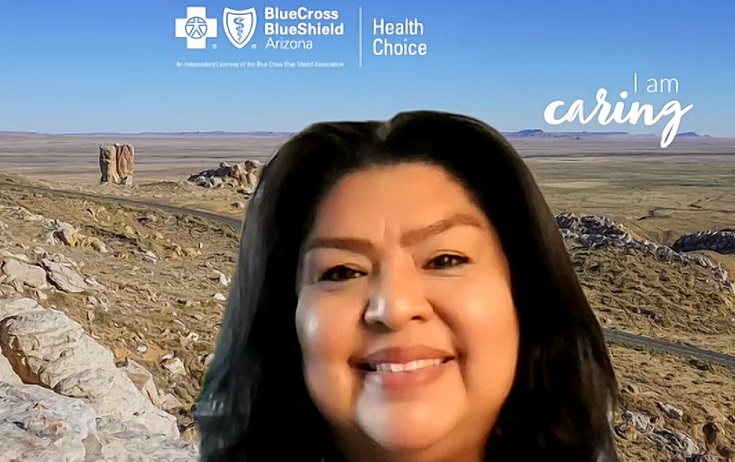The COVID-19 pandemic has fundamentally reshaped healthcare, with telehealth emerging as a vital tool for delivering crucial services to patients from the comfort and safety of home.
Now, a groundbreaking new program takes this a step further in the expansion of the Home Test to Treat, an entirely virtual community health initiative offering free at-home rapid tests for COVID-19 and the flu, as well as telehealth consultations, and medication delivery for eligible participants nationwide.




